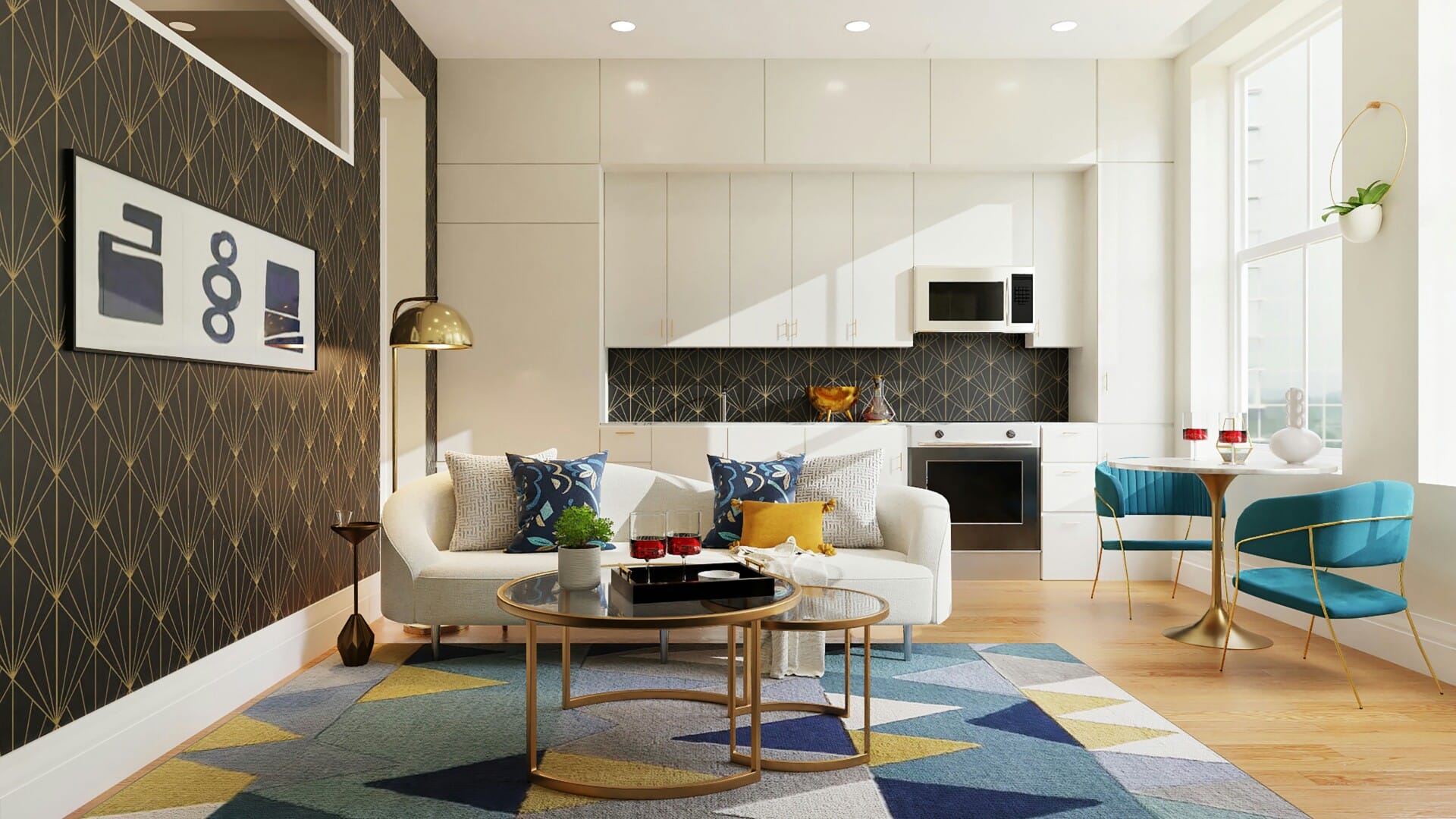Why Design and Build is the Ultimate One-Stop-Shop for Construction in Malaysia | RumahHQ
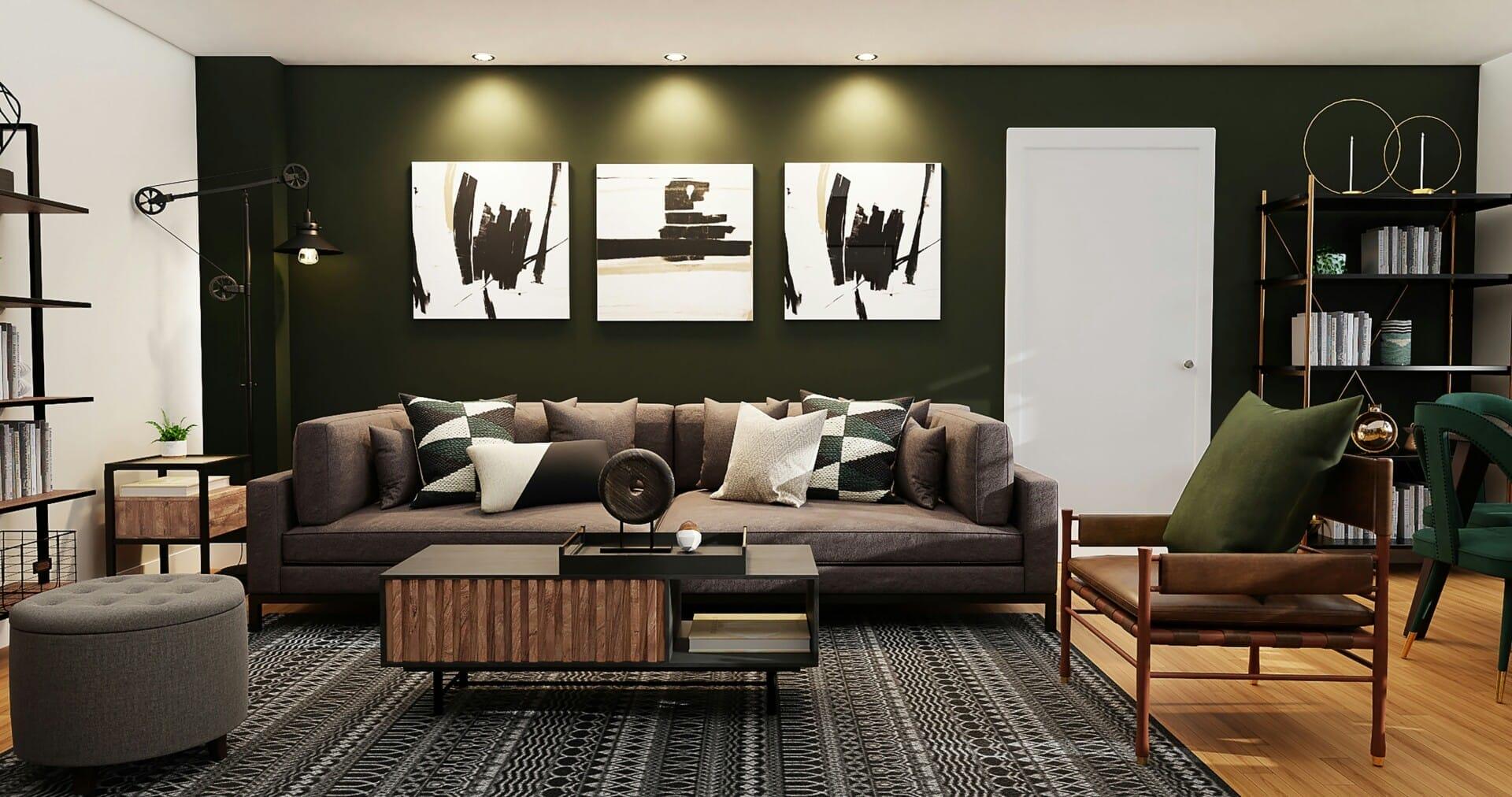
Are you diving into the world of construction in Malaysia and feeling a bit overwhelmed? You’re not alone! With so many players in the game, it can be tough to figure out who to trust for your building needs. Enter Design and Build – the ultimate one-stop-shop that’s changing the way we approach construction. Imagine having everything you need for your project, all under one roof! From innovative designs to reliable builders, this concept brings together creativity, efficiency, and seamless communication. In this article, we’ll explore why Design and Build might just be the best choice for your construction journey in Malaysia, making your life a whole lot easier. So, whether you’re planning a cozy home or a buzzing commercial space, let’s uncover the magic behind this approach.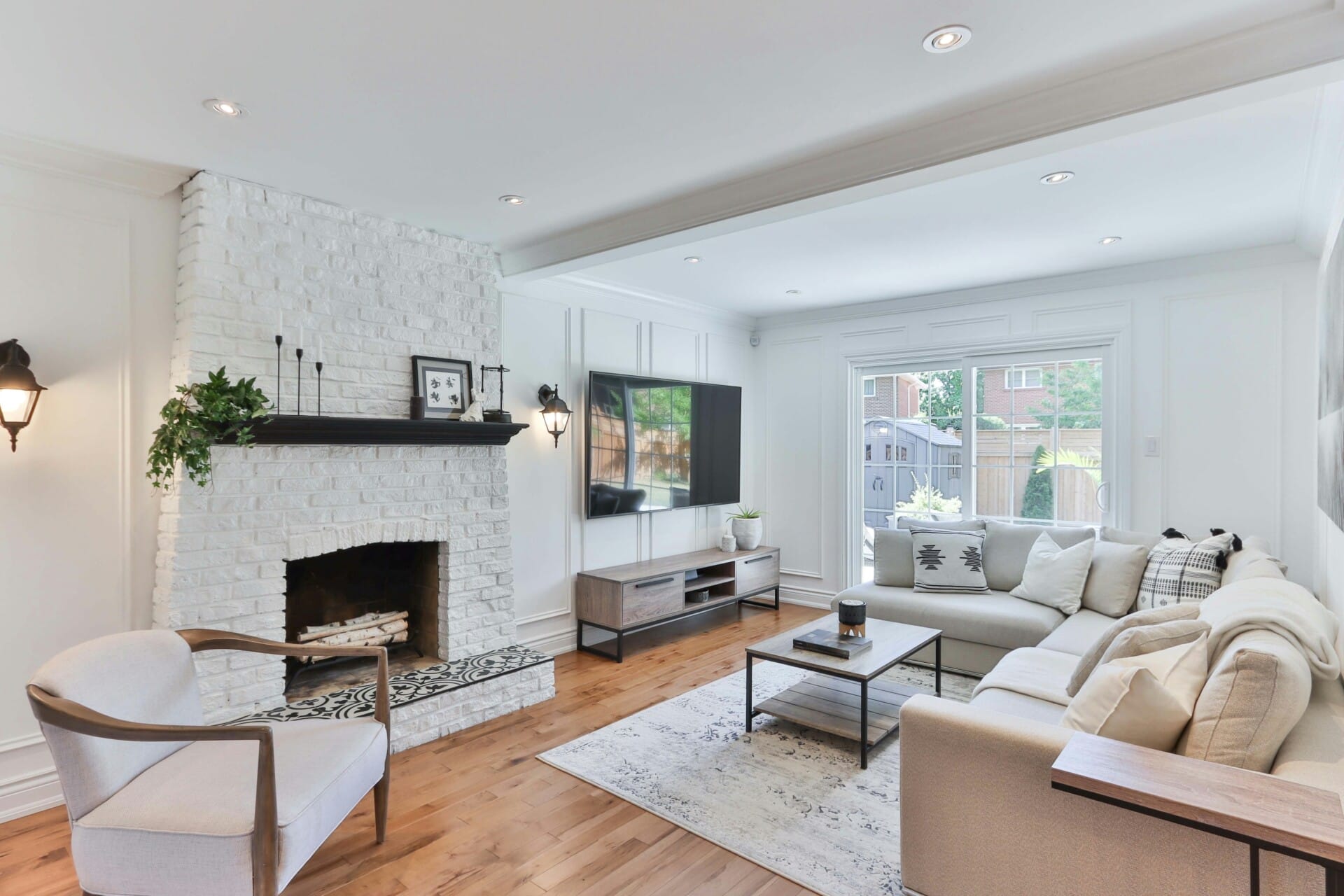
Benefits of a Seamless Design and Build Approach
Adopting a seamless design and build approach offers a myriad of advantages for construction projects in Malaysia. This methodology streamlines communication between the design and construction teams, fostering collaboration right from the initial planning stages. By having one party responsible for both aspects, clients can experience a significant reduction in miscommunication and disputes, leading to a smoother workflow and timely project delivery.
One of the standout benefits is the potential for cost efficiency. When design and construction are in sync, it minimizes the chances of costly changes post-design approval. This integrated tactic enables early detection of issues, ensuring that materials and labor are utilized effectively. Moreover, clients often enjoy transparent pricing, as everything is managed under one umbrella, avoiding unexpected costs that tend to crop up with traditional methods.
Furthermore, a streamlined approach allows for greater design flexibility. Clients can be part of the iterative process, making adjustments based on real-time feedback during construction. This means that the final output is more aligned with their vision and needs. Professionals can also collaborate creatively, blending functionality with aesthetics from the onset. Check out the table below for a quick summary of these benefits:
| Benefits | Description |
|---|---|
| Improved Communication | Fosters collaboration, reducing misunderstandings. |
| Cost Efficiency | Minimizes changes and unexpected costs. |
| Design Flexibility | Allows real-time adjustments to meet client expectations. |
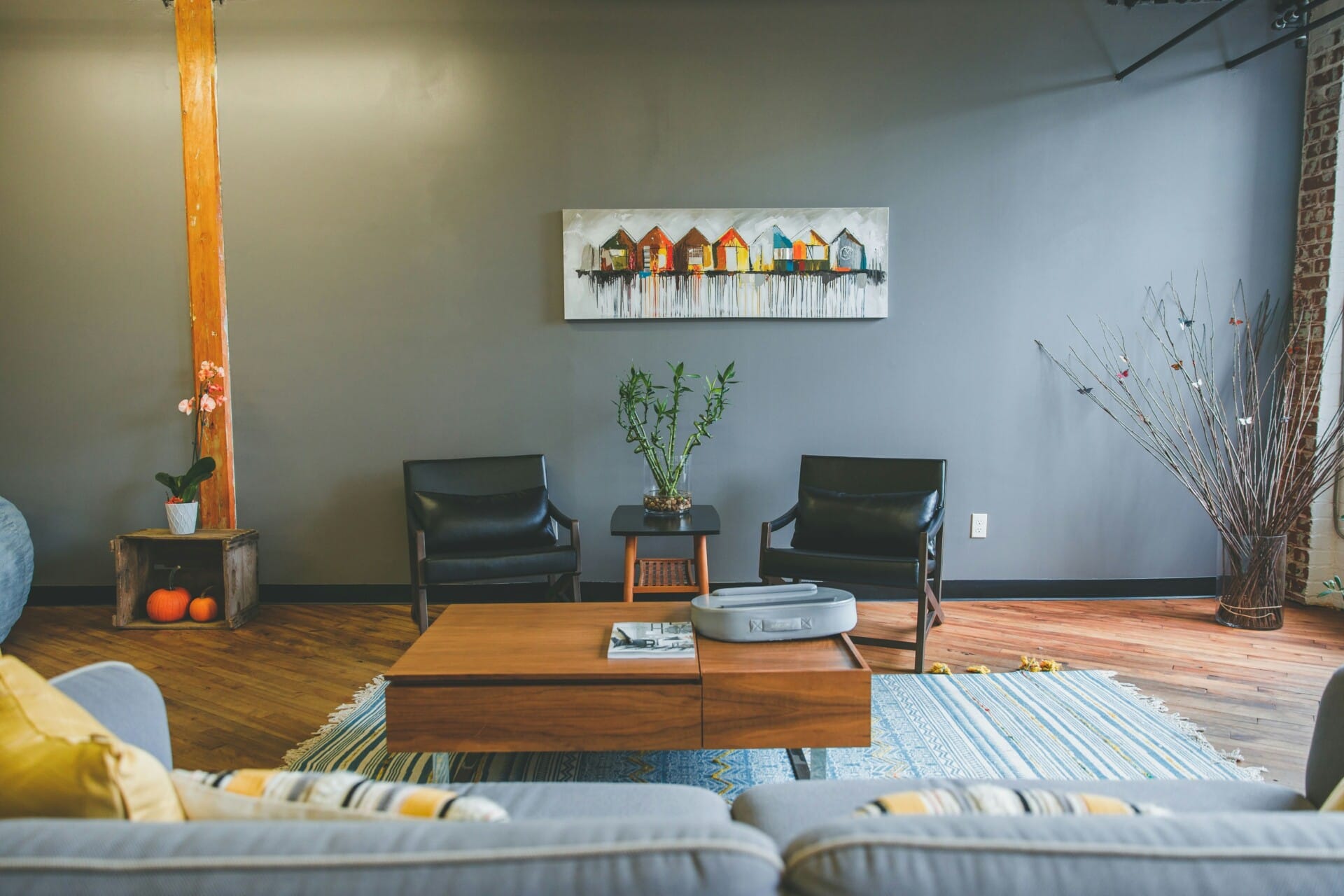
Streamlining Collaboration Between Architects and Contractors
In the world of construction, time is money, and the coordination between architects and contractors can often feel like herding cats. By adopting a design-and-build approach, we essentially merge these two vital roles into a seamless workflow. This not only enhances communication but also ensures that everyone, from the initial sketches to the final touches, is on the same page. When architects and contractors collaborate closely, they can anticipate potential issues before they arise, leading to a smoother execution of the project.
Utilizing integrated project delivery systems within design-and-build frameworks promotes shared responsibilities. With everyone working as a unified team, you can expect fewer misunderstandings and more innovative solutions. Key benefits of this collaboration model include:
- Faster Problem-Solving: Immediate access to feedback and expertise leads to quick decision-making.
- Budget Control: By keeping architects and contractors aligned, it becomes easier to manage costs effectively.
- Creativity Unleashed: Architects can design with construction methods in mind, leading to innovative build solutions.
Moreover, a well-structured collaboration can reduce the instances of design conflicts, which are often the source of delays. Establishing regular check-ins and milestones helps maintain momentum throughout the project lifecycle. Here’s a quick look at some best practices that aid in solidifying this collaboration:
| Best Practices | Description |
|---|---|
| Regular Workshops | Facilitate open discussions to brainstorm ideas and resolve issues. |
| Transparent Communication | Utilize tools and platforms that allow for real-time updates and feedback. |
| Defined Roles | Clearly outline responsibilities to prevent overlap and confusion. |
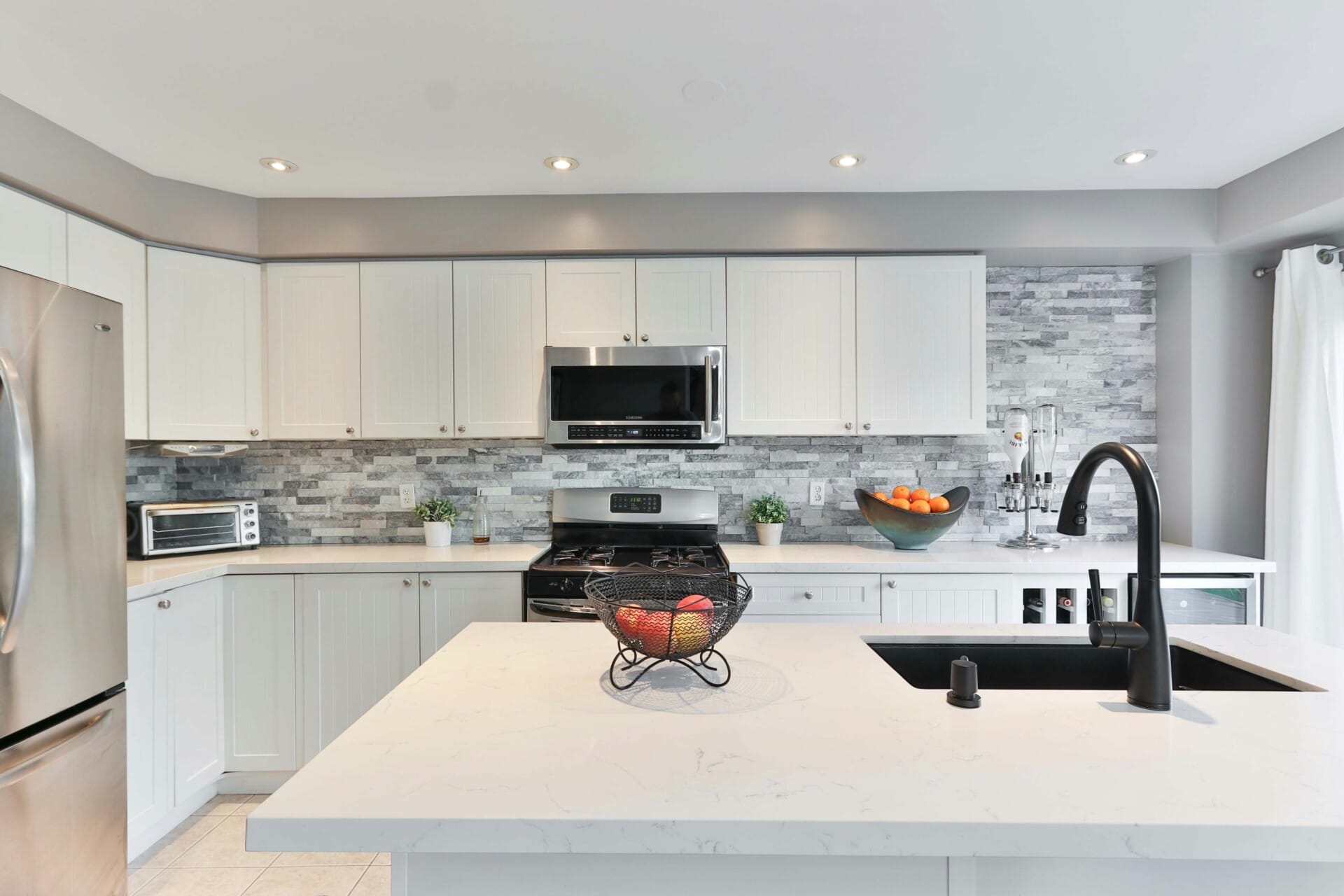
Cost Efficiency Through Integrated Project Delivery
When it comes to construction, every ringgit counts, and that’s where the magic of integrated project delivery comes into play. This method streamlines the construction process by fostering collaboration between architects, contractors, and clients right from the get-go. Think of it as a well-oiled machine where every cog—be it design, engineering, or management—works in harmony. This synergy not only shortens project timelines but reduces costs as well.
Another key advantage is the ability to tackle issues before they snowball into costly problems. With everyone on the same page, potential complications can be identified early on, saving time and reducing rework. Plus, when teams collaborate closely, they often brainstorm creative solutions that might not have surfaced in a more siloed environment. This proactive approach can lead to significant savings on materials and labor, transforming the whole project into a more cost-effective endeavor.
To give you a clearer picture of how integrated project delivery can lead to cost efficiency, consider these factors:
- Reduced Change Orders: Fewer surprises mean less budget overruns.
- Optimized Resource Allocation: Everyone knows their roles, so resources are utilized effectively.
- Greater Transparency: Everyone is on the same level of communication, leading to better decision-making.
| Cost Factors | Traditional Method | Integrated Project Delivery |
|---|---|---|
| Change Orders | High | Low |
| Project Delays | Common | Rare |
| Overall Savings | Variable | Consistent |
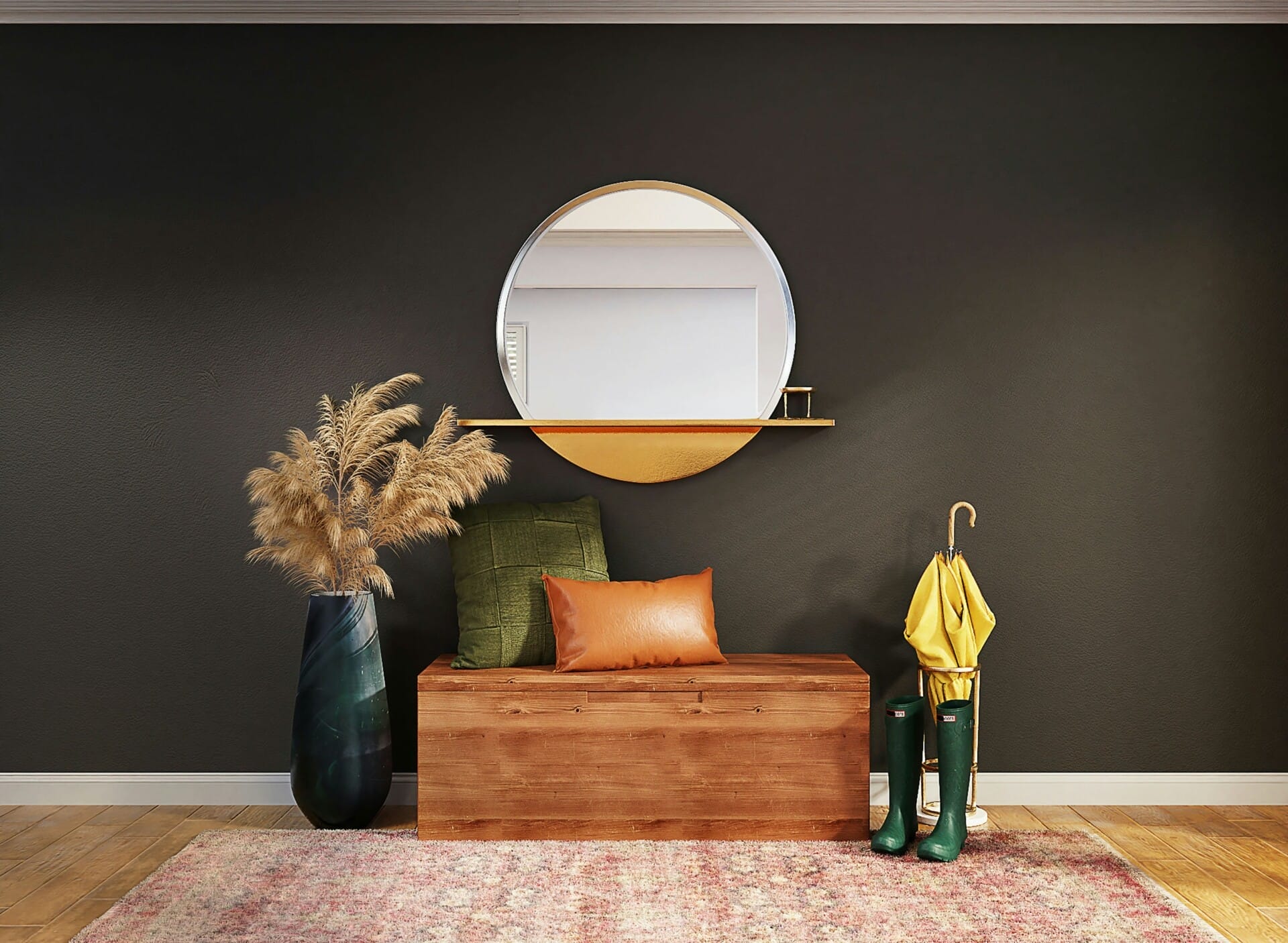
Enhancing Project Timelines with Single-Source Responsibility
In the realm of construction, one of the most significant advantages of combining design and build is the establishment of a single-source responsibility. This means that one entity takes charge of both the design and construction phases, streamlining communication and decision-making processes. Here’s how this approach enhances project timelines:
- Clear Communication: When the same team is responsible for both design and construction, misunderstandings can be minimized. There’s no more finger-pointing between architects and builders; everyone is on the same page.
- Faster Decision Making: With single-source accountability, decisions can be made swiftly. The team can quickly adapt to changes or address issues that arise during the project without the usual delays.
- Efficient Resource Management: This approach enables better coordination of resources, from manpower to materials, ensuring that everything is available when needed. This preemptive management cuts down on downtime.
Let’s not overlook how this model reflects on the overall project delivery. A matrix of responsibilities that aligns under one roof minimizes overlaps and conflicts between different teams, ensuring that timelines are adhered to and progress is constant. Here’s a simple comparison table showing how traditional methods contrast with the design and build model:
| Traditional Method | Design and Build |
|---|---|
| Separate teams for design and construction | Single team for design and construction |
| Longer project timelines | Shortened project timelines |
| Higher chances of miscommunication | Streamlined communication |
Ultimately, adopting a design and build approach doesn’t merely optimize project schedules; it cultivates an environment where innovation and efficiency can thrive. Designers and builders work as one cohesive unit, leading to not just timely delivery but also fostering quality outcomes that resonate well with client expectations. It’s all about turning challenges into streamlined processes—making construction smoother and quicker than ever before.
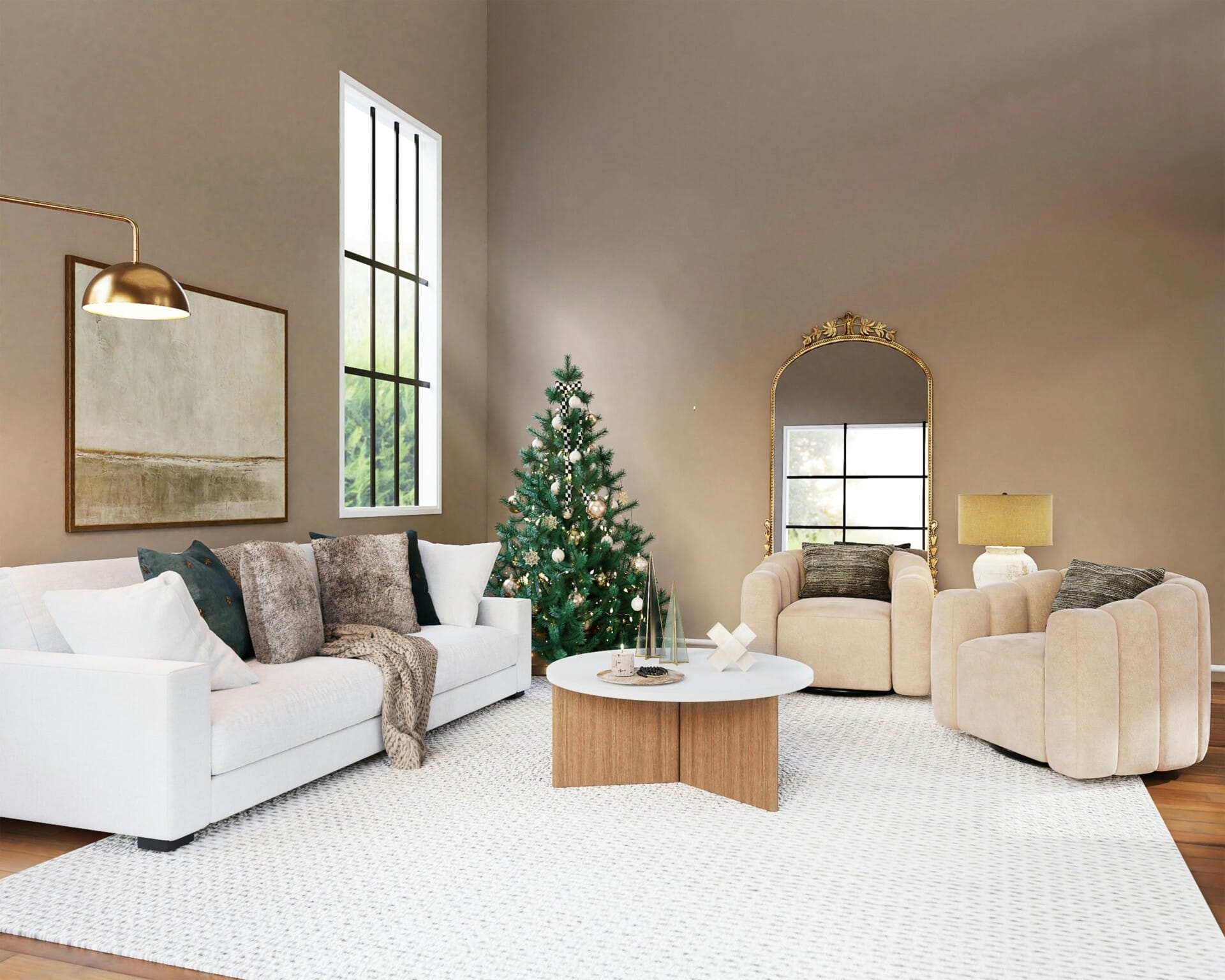
Tailored Solutions: Customized Designs for Diverse Needs
When it comes to construction, one size definitely doesn’t fit all. Every project has its unique requirements, and that’s where the magic of customized designs shines. At Design and Build, we understand that each client has different visions, lifestyles, and functional needs. Our dedicated team collaborates with you to create tailor-made solutions that reflect your personality and match your property’s surroundings.
Our approach includes:
- Comprehensive Consultations: We sit down with you to understand your goals, preferences, and budget.
- Innovative Design Concepts: Our talented designers bring fresh ideas, ensuring your space is both beautiful and functional.
- Flexible Adaptation: We adjust designs based on your feedback, ensuring the project feels completely yours.
Moreover, our commitment to personalization extends beyond aesthetics. By utilizing advanced technology and sustainable materials, we can accommodate various needs while minimizing environmental impact. Whether it’s a cozy bungalow, a sleek modern office, or a multi-functional recreational space, we will craft a solution that resonates with you and stands the test of time.
Mitigating Risks with Comprehensive Project Oversight
When it comes to construction projects, having a solid management strategy in place is essential. A well-structured oversight process ensures that all aspects of a project—design, construction, and delivery—are meticulously monitored and coordinated. By adopting a comprehensive project oversight approach, stakeholders can identify potential challenges early on, ensuring problems are addressed before they escalate. This proactive strategy fosters a smoother workflow and helps maintain a clear timeline and budget.
One of the standout features of a design and build model is its ability to integrate various phases of the project. Benefits of this integration include:
- Enhanced Communication: Since the same team handles both design and execution, miscommunications are minimized.
- Streamlined Processes: Overlapping responsibilities lead to quicker decision-making and reduced delays.
- Cost Efficiency: A singular focus on project goals helps keep expenditures in check.
Moreover, this kind of oversight allows for real-time adjustments based on project progress. Using technology, project managers can keep track of timelines, budgets, and quality standards, ensuring everything aligns with the initial vision. A table can illustrate how quickly a project can adapt under this oversight:
| Adjustment Type | Traditional Method | Design and Build Method |
|---|---|---|
| Timeline Changes | 1-2 Weeks | 1-2 Days |
| Budget Reallocation | Up to a Month | Immediate Action |
| Quality Control Issues | Delayed Response | Instant Feedback |
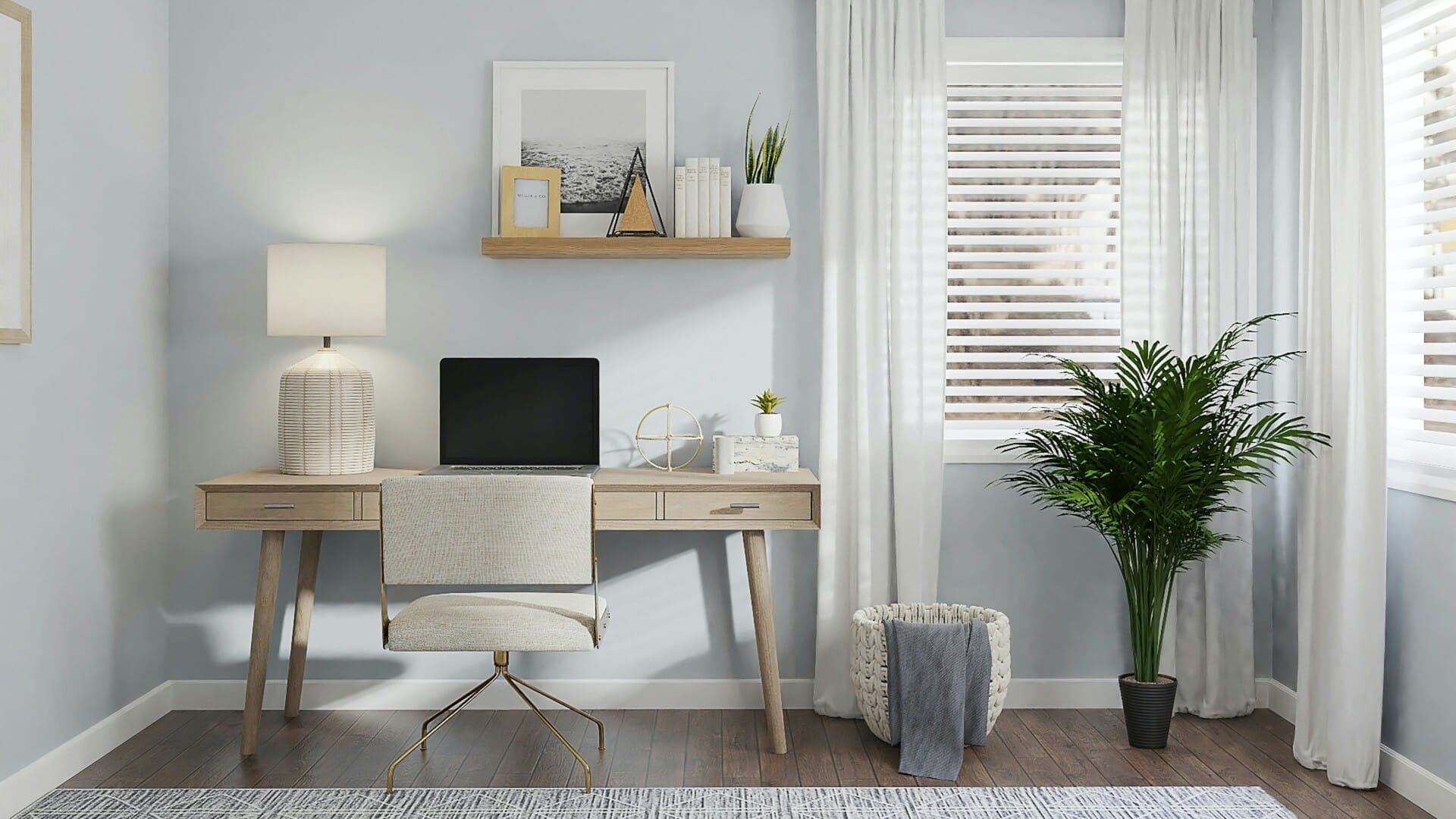
Sustainable Practices in Design and Build Projects
In today’s world, embracing environmentally friendly methods in construction is no longer an option; it’s a necessity. Design and build projects in Malaysia are increasingly incorporating sustainable practices that minimize waste and reduce environmental impact. By using eco-friendly materials and optimizing the use of resources, contractors can create structures that not only look good but also contribute positively to the environment. This approach not only reflects a commitment to sustainability but can also lead to cost savings in the long run.
Another exciting aspect of sustainable practices is the use of innovative technologies in design and construction. Here are some key features that are being integrated:
- Energy-efficient systems: Utilization of renewable energy sources like solar panels.
- Smart technology: Incorporating smart homes that optimize energy consumption.
- Water conservation: Installing systems that recycle water and reduce usage.
Moreover, collaboration within the design and build spectrum facilitates a smooth transition towards sustainability. By selecting projects that prioritize green building certifications, clients are not just investing in their properties but also contributing to a healthier planet. Below is a simple comparison of different green building certification systems available in Malaysia:
| Certification | Description | Benefits |
|---|---|---|
| Green Building Index (GBI) | A local certification system for green buildings. | Enhances market value and reduces operational costs. |
| LEED (Leadership in Energy and Environmental Design) | Internationally recognized certification from the US. | Boosts credibility and attracts eco-conscious tenants. |
| Energy Star | A program to promote energy efficiency in buildings. | Saving energy translates to lower utility bills. |

Future Trends: Evolving the Construction Landscape in Malaysia
As the construction industry in Malaysia evolves, the concept of Design and Build is emerging as a game-changer, making life easier for developers and homebuyers alike. This method consolidates various stages of the construction process, from concept design to project completion, under one umbrella. By bringing together architects, engineers, and contractors from the start, this approach enhances communication and reduces the likelihood of costly delays and miscommunications, allowing for a seamless workflow.
Moreover, with the rise of technology like Building Information Modeling (BIM) and the Internet of Things (IoT), the Design and Build model integrates smart solutions right from the planning phase. This integration not only streamlines project management but also promotes sustainable practices. Key benefits include:
- Cost Efficiency: Early cost estimates and holistic budgeting reduce surprises down the line.
- Quicker Turnaround: Projects can move faster with a unified team focused on the same vision.
- Innovative Design Flexibility: Changes can be easily accommodated without disrupting the overall timeline.
Looking into the future, we can expect even more advancements within this model, particularly as Malaysia moves towards smart city initiatives. By marrying construction with modern technology, Design and Build projects can optimize resources and improve functionality. In addition, future collaboration between private and public sectors will empower this model further, fostering innovation while meeting national development goals.
To Wrap It Up
So there you have it! Design and Build is really changing the game in the Malaysian construction scene. By bringing everything under one roof, it’s not just saving time and money, but also making the whole process a lot smoother for everyone involved. Whether you’re looking to build your dream home, revamp an office space, or kickstart a brand-new project, this approach has got your back.
Gone are the days of juggling multiple contracts and timelines. With Design and Build, you’ve got a dedicated team that understands your vision and is ready to bring it to life without the hassle. So, if you’re in the construction market, maybe it’s time to give this model a shot. Who knows, it might just be the answer you’ve been searching for. Happy building, Malaysia!